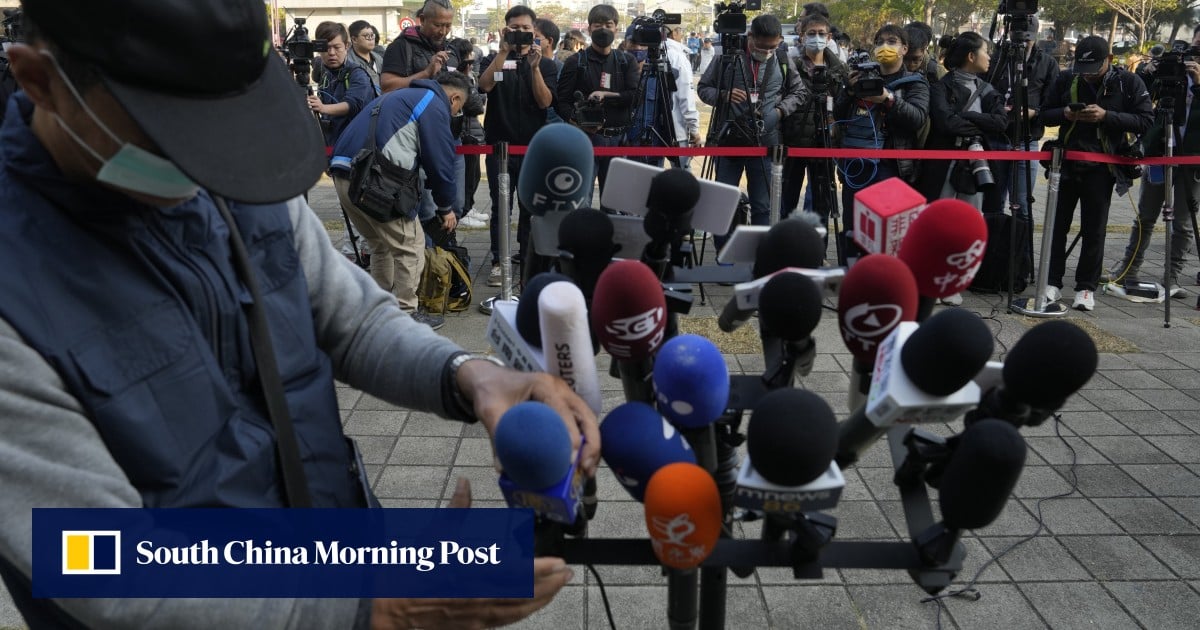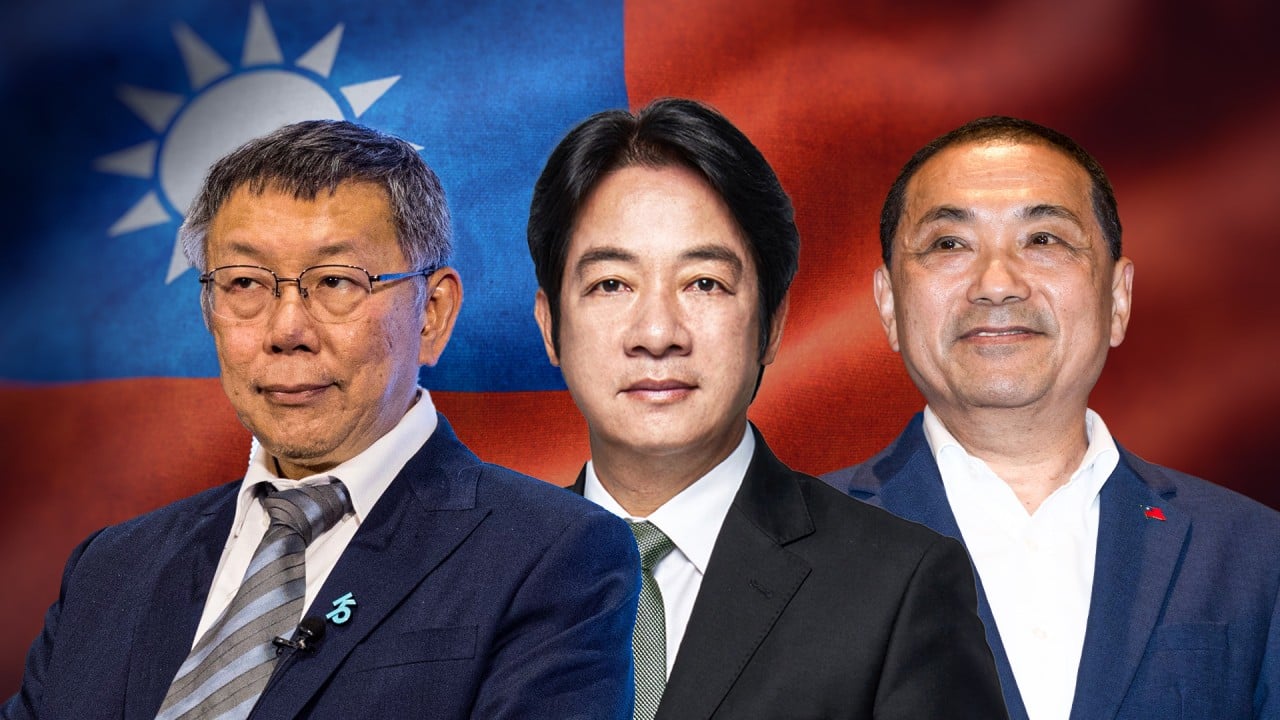The results could have implications that may change the dynamics across the Taiwan Strait and also test the relationship between Beijing and Washington.
Japanese newspaper the Asahi Shimbun, whose coverage included a live blog on Saturday, called it an important election that “will affect the security of East Asia, including Japan”.
In Singapore, Lianhe Zaobao, the largest Chinese-language newspaper, reported on the “apathy towards politics” and “indifference towards the election campaign” among younger voters in Taiwan. But its analysis also pointed to the election’s “great importance to the regional situation and to determining the future direction of major policies”.
The Straits Times, another Singaporean paper, quoted a 78-year-old Taiwanese woman as saying: “I’m very worried about the future of my grandchildren. What will Taiwan look like for them?”
Elsewhere in Asia, Taiwan’s election was less prominent in the media. The Times of India had live updates, but the election was not on its trending topics. In the Philippines and Thailand, the economy and high energy prices dominated, while Indonesian media was more focused on the country’s own presidential election next month.
In the lead-up to Taiwan’s vote, most international media coverage has focused on tensions between Taipei and Beijing, and the growing risk of conflict between the two sides.
A report in The New York Times on Saturday said Taiwan had become “the single biggest flashpoint” in the rivalry between Beijing and Washington, and there could be ripples far beyond the island.
“Any shift in relations between China and Taiwan after the island’s next president takes office in May could intensify or ease the tensions between Beijing and Washington,” it said.
Who is running in Taiwan’s presidential race and what does it mean for Beijing?
Who is running in Taiwan’s presidential race and what does it mean for Beijing?
The Wall Street Journal noted “a new level of uncertainty” in this election given the geopolitical rivalry between China and the US, as well as the challenge posed by Taiwan People’s Party candidate Ko Wen-je. Ko, a former doctor and mayor of Taipei, has gained popularity among younger voters, many of whom are looking for a different voice from the independence-leaning Democratic Progressive Party and the Beijing-friendly Kuomintang.
The governing DPP, represented by current Vice-President William Lai Ching-te, secured a historic third term on Saturday, while Hou Yu-ih, a former police chief and the KMT candidate who framed the election as a choice between war and peace, conceded defeat.
In its coverage on Saturday, CNN said a Lai win would be “unprecedented in the island’s nearly three decades of democratic history and represent a further rejection by Taiwanese voters of Beijing’s strong-arm tactics”.
The CNN report noted that this had deepened distrust of Beijing and pushed the Taiwan public further away from the mainland.
Beijing sees Taiwan as part of China, to be reunited by force if necessary. Most countries, including the US, do not recognise Taiwan as an independent state, but Washington is opposed to any attempt to take the island by force and is committed to arm Taiwan.
Less than 10 per cent of Taiwanese now support immediate or eventual unification with mainland China, while less than 3 per cent identify primarily as Chinese, according to surveys conducted by National Chengchi University’s Election Study Centre in Taipei.
For many Taiwanese, particularly young people, the economy and livelihood issues have also weighed heavily in this election.








